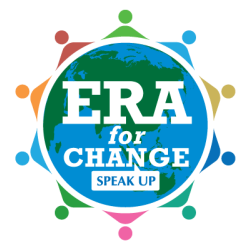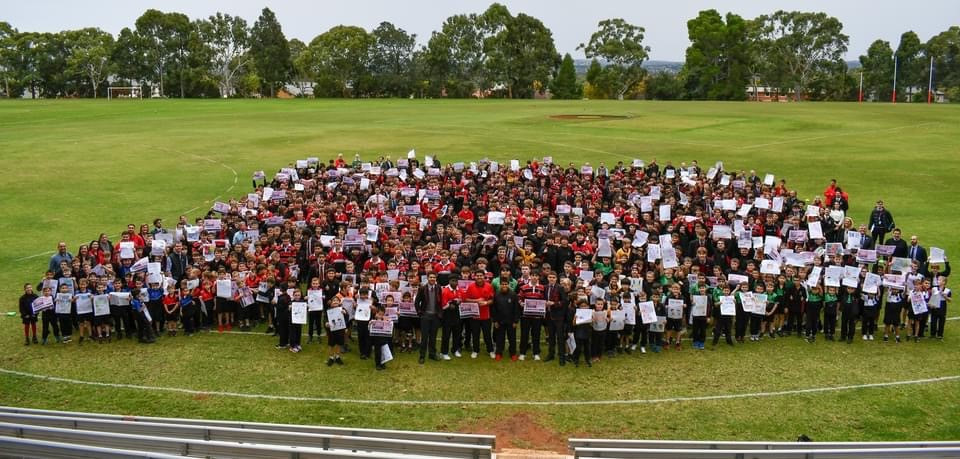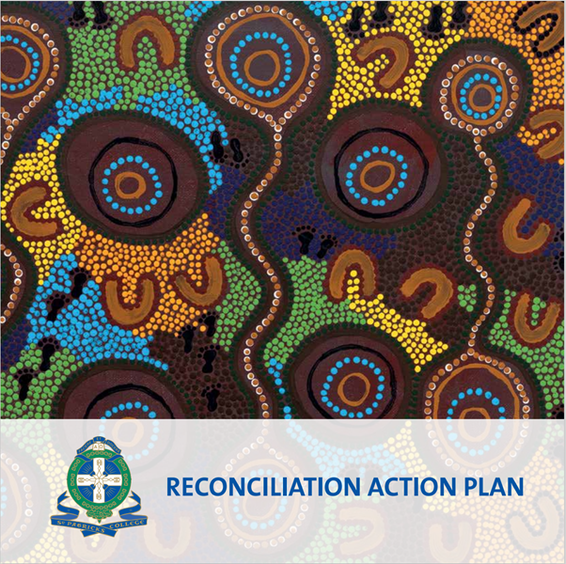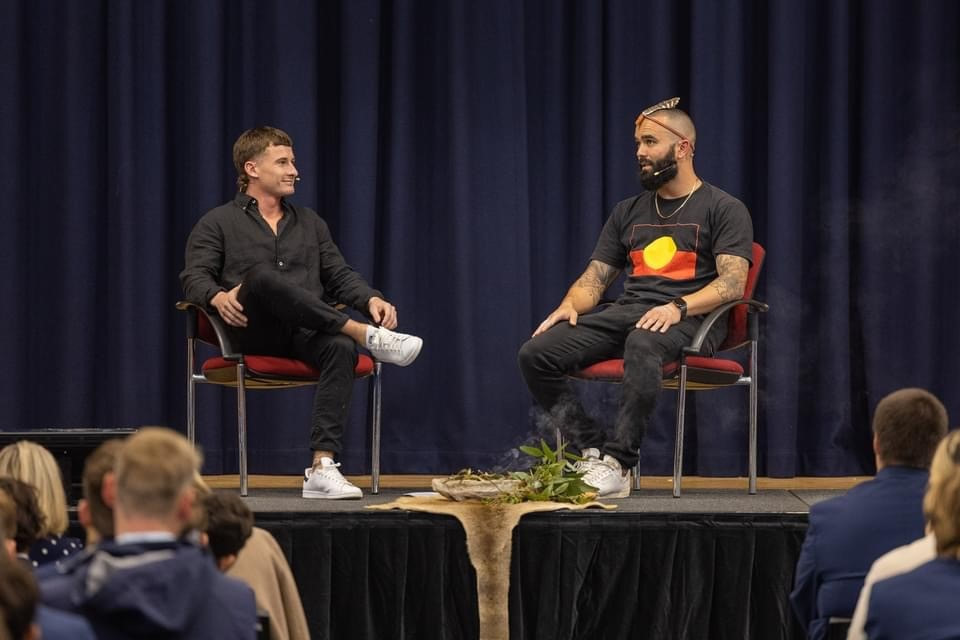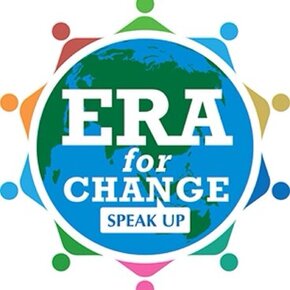National Reconciliation Week 2023
National Reconciliation Week ran from 27 May to 3 June. The theme for 2023 was:
"Be a Voice for Generations."
Reconciliation Australia further expands:
"The theme encourage all Australians to be a voice for reconciliation in tangible ways in our everyday lives – where we live, work and socialise.
For the work of generations past, and the benefit of generations future, act today for a more just, equitable and reconciled country for all."
EREA schools and communities are working towards a more reconciled future, engaging in short and long-term initiatives that acknowledge, educate, and celebrate the long history and rich culture of Aboriginal and Torres Strait Islander peoples.
"Be a Voice for Generations."
Reconciliation Australia further expands:
"The theme encourage all Australians to be a voice for reconciliation in tangible ways in our everyday lives – where we live, work and socialise.
For the work of generations past, and the benefit of generations future, act today for a more just, equitable and reconciled country for all."
EREA schools and communities are working towards a more reconciled future, engaging in short and long-term initiatives that acknowledge, educate, and celebrate the long history and rich culture of Aboriginal and Torres Strait Islander peoples.
Creating, updating, and implementing Reconciliation Action Plans (RAPs)
RAPs enable schools (and other organsiations) to take meaningful steps towards reconciliation. Reconciliation Australia explains:
"Based around the core pillars of relationships, respect and opportunities, RAPs provide tangible and substantive benefits for Aboriginal and Torres Strait Islander peoples, increasing economic equity and supporting First Nations self-determination."
Below is a link to an example of a Reconciliation Action Plan at an EREA school.
"Based around the core pillars of relationships, respect and opportunities, RAPs provide tangible and substantive benefits for Aboriginal and Torres Strait Islander peoples, increasing economic equity and supporting First Nations self-determination."
Below is a link to an example of a Reconciliation Action Plan at an EREA school.
Click on the image to read the St Patricks College RAP
One RAP action that St Patricks has on their plan is cultural competence for staff. The practical steps they are taking to achieve this include offering "both formal and informal training opportunities that lead to a greater understanding of local Aboriginal histories, culture and perspectives. This includes providing opportunities for local Aboriginal and Torres Strait Islanders and experts to upskill St Patrick’s College staff in the pursuit of Reconciliation". Having deliverable plans is a key aspect of all RAPs.
Link to the EREA statement on RAPs: EREA Innovate Reconciliation Action Plan - Edmund Rice Education Australia
Link to Reconciliation Australia resoirces for creating a RAP: Reconciliation Action Plans - Reconciliation Australia
Link to the EREA statement on RAPs: EREA Innovate Reconciliation Action Plan - Edmund Rice Education Australia
Link to Reconciliation Australia resoirces for creating a RAP: Reconciliation Action Plans - Reconciliation Australia
Hosting a school assembly in honour of National Reconciliation Week
Many schools hold an annual National Reconciliation Week assembly. These give an opportunity for Aboriginal and Torres Strait Islander members of the community to share their culture and educate students about the meaning and importance of reconciliation from their perspective.
Click on the photo to read the Waverley College newsletter
NRW Resources
Here are some ways that students and staff can engage in National Reconciliation Week and beyond:
- Create, update, or implement your Reconciliation Action Plan (RAP). Learn about them here: Reconciliation Action Plans - Reconciliation Australia
- Read the list of 20 actions for reconciliation from Reconciliation Australia: https://nrw.reconciliation.org.au/actions-for-reconciliation/
- Read the Reconciliation Australia Barometer Summary Report for 2023: Australian-Reconciliation-Barometer-2022.pdf
- Read about the 2022 NRW theme: Home - National Reconciliation Week 2023
- Educate yourself about reconciliation: What is Reconciliation? | Reconciliation Australia
- Download and display the Reconciliation Australia banner: Posters and Resources - National Reconciliation Week 2023
- Host a school assembly about NRW. For example, Waverly College held an assembly where the students learned about the meaning of a smoking ceremony.
- Learn about Voice to Parliament to make an informed decision in the referendum: Voice to Parliament - Reconciliation Australia
- Sign and share the ERC and ERA For Change petition: Petition · A call for action to be taken on the Uluru Statement from the Heart · Change.org
- Invite a local representative to speak at your school
- Celebrate local Indigenous artist(s) around your school
- Hold a Welcome to Country before each school event, assembly, meeting, or sport activity
- Write a letter to your local MP or newspaper about the importance of reconciliation, advocating an issue in your local area, or sharing a story.
- Watch a video or listen to a podcast on https://www.indigitube.com.au/ or https://www.sbs.com.au/nitv/reconciliationfilmclub
- Share your NRW activities on social media. Use the #nrw2023 hashtag and tag @eraforchange.
